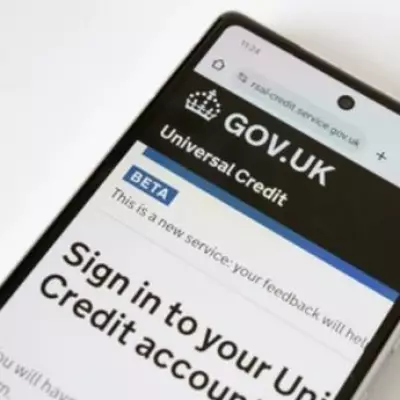
In an era where every penny counts, a financial maverick has revealed five revolutionary money-saving techniques that are transforming how Britons approach their budgets. These aren't your grandmother's frugal tips - they're strategic approaches designed to deliver maximum impact on your bank balance.
The Mindset Shift That Changes Everything
Forget traditional budgeting spreadsheets and complicated tracking apps. The real secret lies in adopting what experts are calling 'extreme budgeting consciousness' - a fundamental shift in how you view and interact with money on a daily basis.
Five Transformative Money Strategies
1. The 24-Hour Rule
This psychological technique involves imposing a mandatory waiting period before any non-essential purchase. By sleeping on buying decisions, countless individuals report avoiding impulse spends they would have later regretted.
2. The Cash-Only Challenge
In our increasingly digital world, reverting to physical currency creates a powerful psychological barrier to overspending. Watching actual money leave your wallet makes the cost feel more real than tapping a card ever could.
3. The 'No Spend' Day Revolution
Designate at least two days per week where you commit to zero discretionary spending. This simple practice not only saves money directly but fundamentally reshapes your relationship with consumption.
4. The Subscription Purge
Conduct a ruthless audit of all recurring payments. From streaming services to app subscriptions, most people discover hundreds of pounds annually going toward services they barely use.
5. The Meal Prep Masterplan
Strategic food planning goes beyond simple cost-cutting. By dedicating time to batch cooking and intelligent shopping, families report slashing their grocery bills by up to 40% while eating healthier.
Why These Methods Deliver Real Results
Unlike conventional financial advice that often feels disconnected from real life, these approaches work because they address the behavioural psychology behind spending. They create systems that make saving automatic rather than relying solely on willpower.
The ultimate benefit? Participants consistently report that after the initial adjustment period, these habits become second nature - creating permanent positive changes to their financial health without the constant stress of traditional budgeting.





